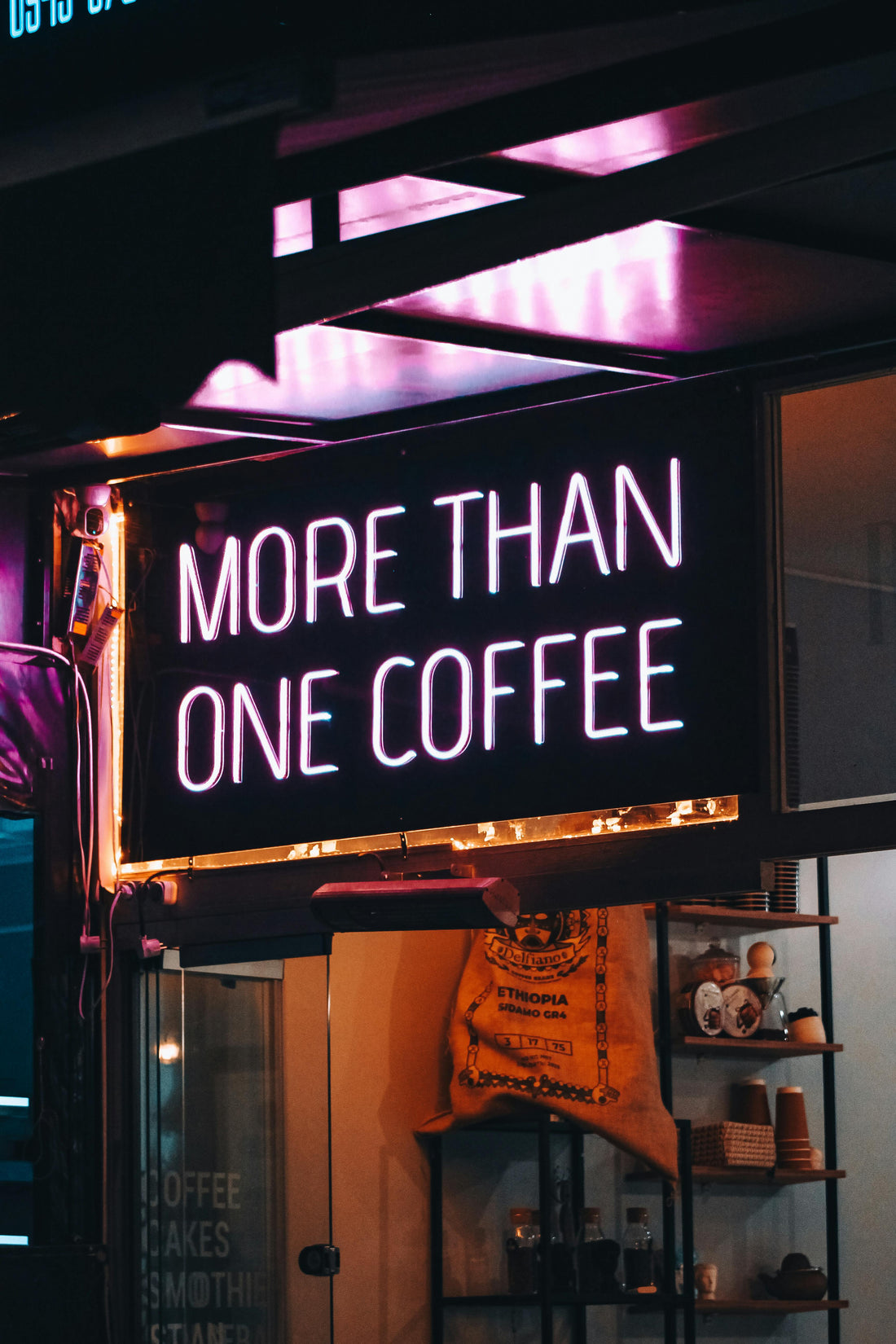
Why Some People Can Drink Coffee at Night and Still Sleep Like a Baby (And Others Can’t)
Share
There’s a great divide in the coffee-drinking world. Some people can sip an espresso after dinner, curl up in bed, and fall asleep within minutes. Others take a single sip of afternoon cold brew and find themselves wide-eyed at 3 AM, regretting every life choice that led to this moment.
Why?
Why do some people process caffeine like it’s nothing, while others feel wired hours later? The answer isn’t just about caffeine tolerance—it’s about genetics, metabolism, and even how often you drink coffee.
How Your Body Breaks Down Caffeine
Caffeine isn’t like sugar or alcohol—it doesn’t just get “used up” as energy. Instead, it’s processed by the liver and cleared out through a specific enzyme pathway.
Here’s where it gets interesting: not everyone has the same version of that enzyme.
- Fast metabolizers process caffeine quickly, meaning it exits their system much faster. These are the people who can drink a late-night cup and still sleep soundly.
- Slow metabolizers take much longer to break caffeine down, meaning it lingers in their bloodstream, keeping them alert long after they meant to be asleep.
And here’s the kicker: This is genetic. Scientists have identified a specific gene (CYP1A2) that determines whether you break caffeine down quickly or slowly. If you’ve ever wondered why your best friend can drink a double shot at 9 PM while you get jitters from a morning latte, now you know—it’s in your DNA.
Your Coffee Habits Might Be Making It Worse
Even if you’re a slow metabolizer, you might have noticed that coffee doesn’t always wreck your sleep. That’s because your caffeine tolerance can change over time.
- Daily coffee drinkers build up a resistance, meaning caffeine has a weaker effect on their body. If you’re someone who drinks coffee regularly, you might be able to handle an evening cup without much issue.
- Occasional drinkers feel the effects much more intensely because their bodies aren’t used to processing caffeine efficiently.
But before you assume you can just train yourself to become immune to caffeine, there’s a catch—your sleep quality can still be affected, even if you fall asleep easily. Studies show that caffeine late in the day reduces deep sleep cycles, meaning your rest isn’t as restorative.
Other Factors That Affect Caffeine Sensitivity
It’s not just metabolism and tolerance that determine how caffeine affects you. There are a few other unexpected factors at play:
1. Your Hormones Are Involved
Caffeine interacts with adenosine, a neurotransmitter that promotes sleepiness. If your body is naturally low in adenosine when you drink coffee, caffeine won’t have as much of an effect. But if your levels are high? You’ll feel like you’ve been shot out of a cannon.
2. Your Hydration Levels Matter
Caffeine is a mild diuretic, meaning it can dehydrate you slightly. If you’re already a little dehydrated, your body might process caffeine differently, making you feel jitterier or keeping you awake longer.
3. The Type of Coffee You Drink Changes Things
Not all coffee is created equal. Some roasts have higher caffeine content than others, and brewing method plays a role, too. Cold brew, for example, has a smoother, less acidic taste but often packs way more caffeine than a standard cup.
(And if you're the kind of person who likes a flavored cold brew in the evening, you might want to check this one out—just, you know, hypothetically.)
How to Drink Coffee Late Without Wrecking Your Sleep
If you love the idea of an after-dinner coffee but don’t want to spend the night staring at the ceiling, here are a few tricks:
- Switch to a lighter roast – Contrary to popular belief, dark roasts actually have less caffeine than lighter ones. A smooth, dark-roasted cup might be a better evening option.
- Go half-caf – If you still want that ritual of a warm cup, mixing regular and decaf coffee gives you the taste with less caffeine.
- Time it right – Try to keep coffee at least six hours away from your bedtime if you’re sensitive to caffeine. That way, most of it will be out of your system by the time you hit the pillow.
- Pay attention to your body – If you’re still wide awake after late coffee, it’s not just in your head. Your body is telling you something—so maybe save that cup for the morning.
Final Thought—Oh Wait, Scratch That
Whether you’re the type who can down an espresso at midnight or the type who’s still buzzing from your 2 PM cup, one thing’s clear—caffeine doesn’t play fair. It’s personal, unpredictable, and sometimes downright confusing. But if you know how your body handles it, you can tweak your coffee routine without sacrificing good sleep.
And for those who can drink coffee late? Well, enjoy it. The rest of us will just sit here, enviously sipping our herbal tea.
